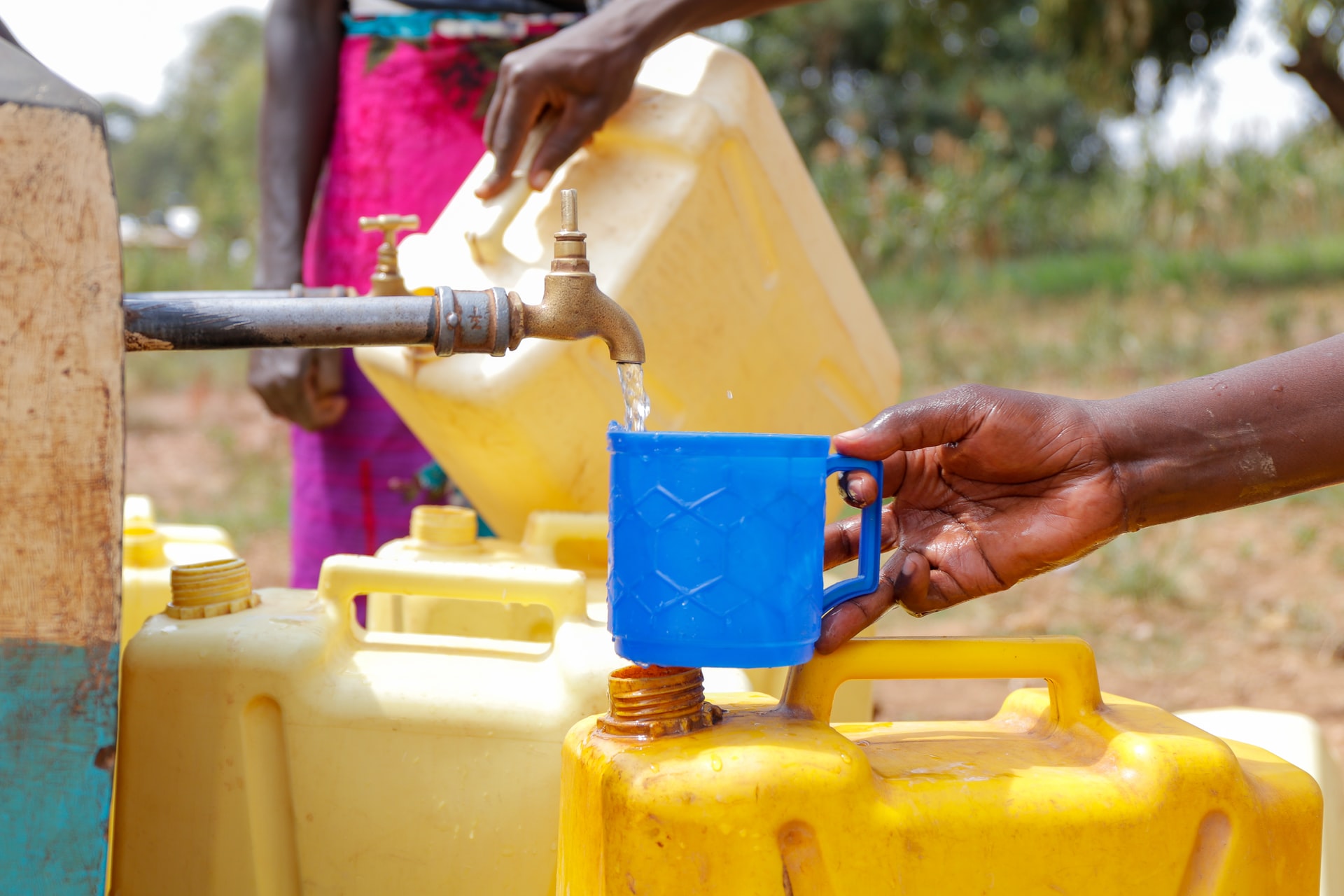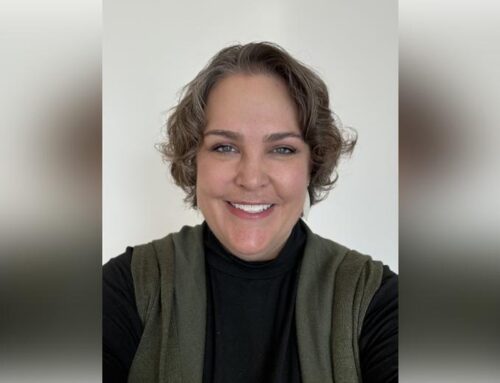What is World Water Day?
World Water Day, held annually on March 22 since 1993, is a United Nations Observance focusing on the importance of fresh water. It is a day to celebrate water but also raise awareness about the 2.2 billion people who today are living without access to safe water. It is about achieving the UN’s Sustainable Development Goal #6: water and sanitation for all by 2030. Today, there is a global water crisis because of the growing population, the increasing demands for water due to usage by agriculture and industry, and the worsening impacts of climate change.
How Has Nokomis Heights Responded to the World Water Crisis?
As a part of Nokomis Heights’ three-year capital fund drive eight years ago (2010-2012), our congregation decided to dedicate a tithe of the funds raised to support programs beyond our congregation. A portion of that tithe went to fund three clean water projects in Ethiopia, referred to here generically as “wells,” through Water to Thrive. Water to Thrive is a faith-based charity that grew out of a Bible study group at an ELCA congregation in Austin, Texas. Established in 2008, Water to Thrive has completed 1,130 wells in rural communities of Ethiopia, Tanzania and Uganda that previously had not had access to clean water, changing 600,000 lives for the better for decades or more.
To date, Nokomis Heights has funded seven wells, each located in Ethiopia. Within a one-kilometer radius of each well (a United Nations reporting standard), it is counted that we have directly affected the lives of more than 1,500 people. However, because people beyond the one kilometer radius are likely to use a well also, our impact is estimated at 3,700+ lives. In 2020, despite the pandemic and in response to the Water to Thrive’s “Water Can’t Wait” operations campaign, we responded again with a substantial gift.
What does the funding of a well ($5,000) in Ethiopia through Water to Thrive do for our congregation?
- It helps us directly impact the lives rural Ethiopians with the gift of sustainable, clean water.
- We enable God’s work to be done in a place where we cannot serve directly.
- We receive the GPS coordinates of the project upon assignment.
- We receive a completion report including photos of our project.
- Water to Thrive’s 100% promise assures us that all money raised for water goes to fund water projects; funds for administration are raised separately.
What does a water project do for those who have not had access to clean water?
- Clean water prevents the #1 cause of sickness and death in those areas: water-borne diseases. Both children and adults are healthier.
- Women and girls no longer need to walk 4 to 6 hours a day to fetch water from unprotected water sources.
- Violence against girls and women decreases when they are not forced to walk long distances unprotected.
- Local access to clean water allows girls to attend school regularly and allows women to have an opportunity to sell handiwork or produce. The family’s economics are improved.
- Access to clean water helps people actively combat Covid-19. Water to Thrive’s partner organizations in east Africa have been training communities in safe practices related to the Covid-19 pandemic.
- The community receives the asset of a well. It prepares for this gift by creating a local water committee responsible for sanitation and hygiene training of all community members, establishing and collecting modest user fees, and overseeing daily well operation, maintenance and repair.
- CLEAN WATER CHANGES EVERYTHING.
What is Happening in Northern Ethiopia?
You may have read about racially-motivated fighting in northern Ethiopia in the state of Tigray since November 2020. Six of the seven water projects funded by Nokomis Heights are in Tigray. This area borders Eritrea which was once part of Ethiopia and has historically been an area of considerable ethnic tensions. Death tolls from months of clashes are hard to verify because phone lines were severed and journalists banned, but reports of civilian deaths been estimated in the thousands throughout the region. Thousands have fled to neighboring countries and 2.2 million people have been internally displaced. Factions in conflict include Tigrayan rebel militia forces, the national military controlled by Prime Minister Abiy Ahmed, and military forces from Eritrea. Humanitarian workers who have recently gained access to the area reported children dying from diarrhea after drinking from rivers, shops looted or depleted and predicted that “hundreds of thousands might starve to death.”
The conflict comes on top of other crises that Ethiopians have been dealing with lately. In addition to COVID-19, extreme weather, droughts, and floods, farmers in the county have fought over a year-long battle against swarms of locusts. Ethiopia is the worst affected country, mainly because of its proximity to Yemen, where the ongoing civil war has precluded any pest control.
In early January the headline of an AP News article warned ‘Extreme urgent need’: Starvation haunts Ethiopia’s Tigray. How does starvation relate to fighting? Fighting has led to crops burned on the brink of harvest. Also, the young people who were the first line of defense against locusts are in hiding, hoping to escape conscription; efforts to control the pests have been halted. Hospitals, clinics and food warehouses have been targeted during the fighting. The Famine Early Warning Systems Network, funded and managed by the US, says parts of central and eastern Tigray are likely in Emergency Phase 4, a step below famine. Pockets of fighting, resistance from officials and widespread destruction are hampering the delivery of humanitarian aid. Starvation threatens the survivors of this beleaguered region.
Water to Thrive’s implementing partner in the development of wells in Tigray is REST – Restoration Society of Tigray. In light of the starvation conditions throughout the state, their priorities have shifted to food distribution and humanitarian aid efforts. Wells that have been projected for construction in 2021 in that region will be delayed.
How Should God’s People at Nokomis Heights Respond?
For now, we can’t expect to fund the construction of any more wells northern Ethiopia. Our best response to the dire situation in this region may be to pray that the violence will cease, pray that the water projects that have been completed there may continue to function, provide financial support to relief agencies seeking to bring humanitarian aid to Tigray (e.g., the Lutheran World Federation at https://www.lutheranworld.org/content/ethiopia) and sign a petition to Abiy Ahmen, Prime Minister of Ethiopia, urging him to expedite humanitarian access to Tigray (https://www.amnesty.org/en/get-involved/take-action/demand-full-humanitarian-access-into-tigray/).
Meantime, because Water to Thrive also constructs clean water sources in other parts of rural east Africa, we can continue to raise our next installment of $5,000 to fund another water project through them. You can contribute to this next installment just by noting “Water to Thrive Well #8” on your check or other offering to Nokomis Heights. You may also make an online gift (use the pulldown tab and select Water to Thrive).



